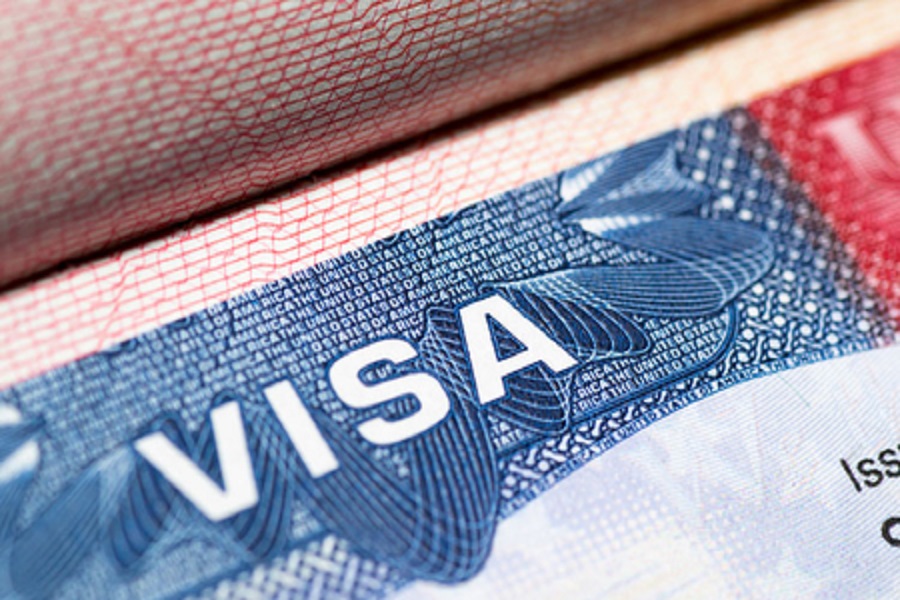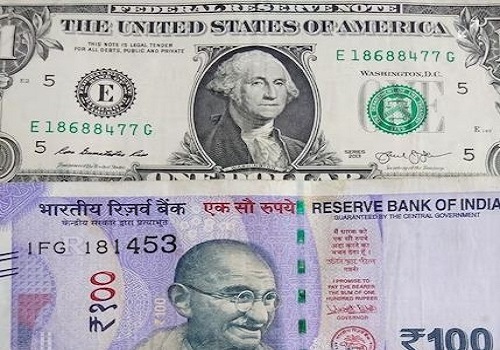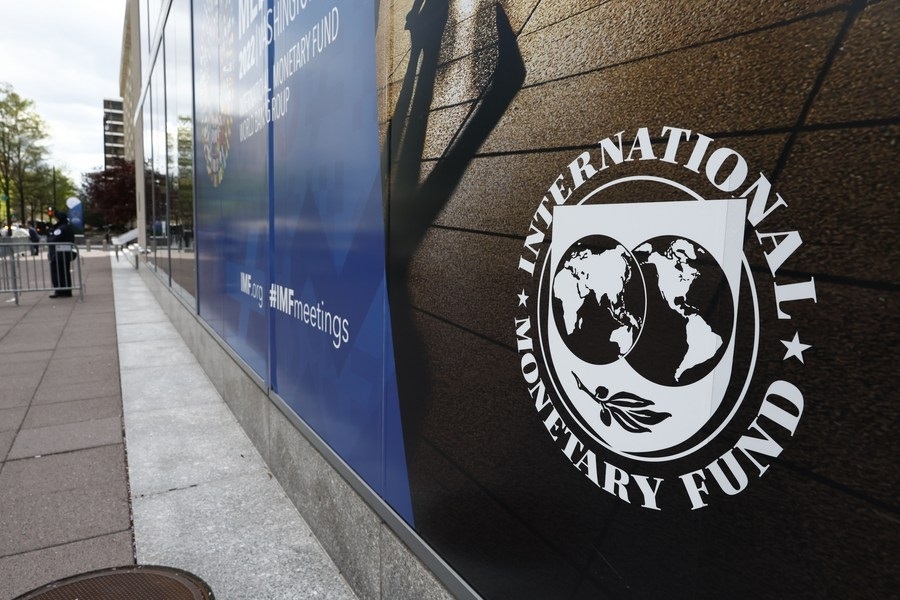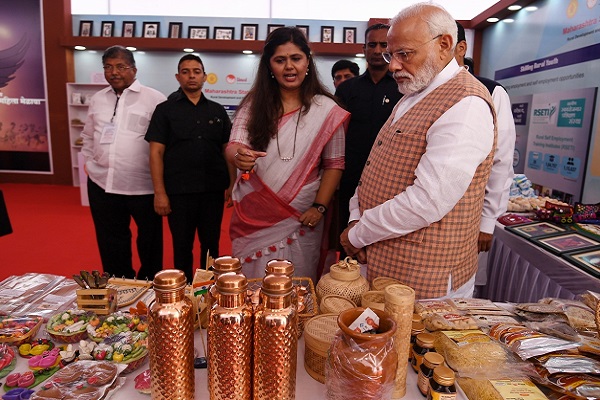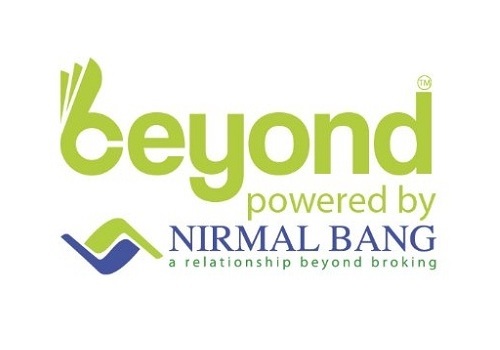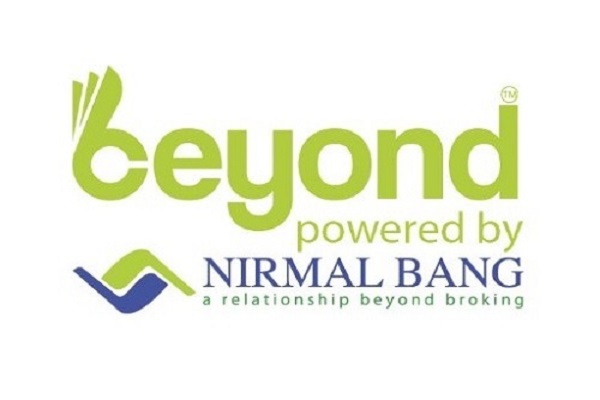Late sell-off drags benchmarks lower; Nifty breaches 14,500 mark
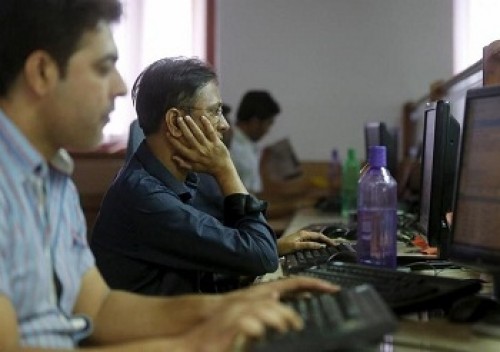
Tuesday turned out to be a disappointing day of trade for Indian equity benchmarks where frontline gauges failed to hold on to their early gains and ended the day near intraday lows with Sensex and Nifty ending below their crucial 48,300 and 14,500, respectively. Sentiments remained optimistic amid report that Indian exporters are expecting continuous growth in the country's outbound shipments despite increase in COVID-19 cases as their order books are encouraging and there is a pick-up in demand in rich markets. Federation of Indian Export Organisations (FIEO) President S K Saraf said that in most of the states, manufacturing and exports related services have been exempted from the restrictions and inter-state movement of cargo is permitted by the central government. However, selloff in late afternoon mainly played spoil sports for domestic markets as traders turned pessimistic after Goldman Sachs has lowered its estimate for India's economic growth to 11.1 per cent in fiscal year to March 31, 2022, as a number of cities and states announced lockdowns of varying intensities to check spread of coronavirus infections.
Traders also remained concerned after CMIE's managing director and chief executive Mahesh Vyas said the situation on the employment front is expected to continue to remain challenging going forward as well. He said ‘in the month of April, compared to March, we have lost 75 lakh jobs. That is what has caused the jump in the unemployment rate’. The national unemployment rate touched 7.97 per cent as per the Centre's proprietary data, with urban areas witnessing higher stress at 9.78 per cent and rural joblessness at 7.13 per cent. Adding more pessimism, domestic agency India Ratings and Research expects the overall recovery path to be pushed back for most of the service-oriented sectors to FY22, owing to a major supply-side disruption from the second wave of COVID-19 infections.arkets made an optimistic start and traded in green terrain for most part of the day as the country reported a decline in new coronavirus cases for the third day running.
On the global front, European markets were trading mostly in green as investors monitor global recovery prospects and a fresh round of corporate earnings. Asian markets settled mixed on Tuesday, after consumer prices in South Korea were up 2.3 percent on year in April. The Statistics Korea said that surpassed forecasts for 2.15 percent and was up from 1.5 percent in March. It was the highest annual reading since August 2017, which saw an inflation rate of 2.5 percent. On a monthly basis, inflation rose 0.2 percent - again beating expectations for 0.1 percent, which would have been unchanged from the previous month.
Back home, industry body CII has urged the government to take strongest national steps including curtailing economic activity to contain the spike in COVID-19 cases in the country. Diplomats from India and South Africa are working together to convince American lawmakers and policymakers on the need to support their proposal before the WTO to temporary waive some of the Trade-Related Aspects of Intellectual Property Rights (TRIPS) during the COVID-19 emergency. WTO is scheduled to hold a meeting on this issue on May 5. On the sectoral front, shares of auto companies remained in focus on reports that auto sales in April have started showing the impact of lockdowns that has put the brakes on the recovery of the sector. With more states announcing lockdowns and some more OEMs expecting to go for maintenance shutdowns, as many as 50 per cent of the dealers are likely to be impacted by the move.
Finally, the BSE Sensex fell 465.01 points or 0.95% to 48,253.51, while the CNX Nifty was down by 137.65 points or 0.94% to 14,496.50.
The BSE Sensex touched high and low of 48,996.53 and 48,149.45, respectively. There were 9 stocks advancing against 21 stocks declining on the index.
The broader indices ended in red; the BSE Mid cap index declined 0.50%, while Small cap index was down by 0.57%.
The few gaining sectoral indices on the BSE were PSU up by 0.79%, Oil & Gas up by 0.72%, Utilities up by 0.19% and Capital Goods up by 0.06%, while Healthcare down by 1.50%, Energy down by 1.36%, Telecom down by 1.33%, Consumer Durables down by 1.11% and Auto down by 1.01% were the top losing indices on BSE.
The top gainers on the Sensex were ONGC up by 1.86%, Bajaj Finance up by 1.12%, TCS up by 0.39%, Kotak Mahindra Bank up by 0.33% and SBI up by 0.33%. On the flip side, Dr. Reddys Lab down by 2.26%, Reliance Industries down by 2.18%, Sun Pharma down by 1.99%, HDFC Bank down by 1.74% and HDFC down by 1.73% were the top losers.
Meanwhile, domestic agency India Ratings and Research in its latest report has said that it expects the overall recovery path to be pushed back for most of the service-oriented sectors to FY22, owing to a major supply-side disruption from the second wave of COVID-19 infections. It also expects the impact of the pandemic to spill over in FY23, with moderation in growth given a slowdown in consumption and investment demand outlook and smoothening out of supply chain issues.
It said ‘Although debt restructurings have been availed by a relatively a smaller number of entities in FY21, given other forms of fiscal or monetary support from the government such as Emergency Credit Line Guarantee Scheme, FY23 is likely to test the credit profiles of entities with a pre-existing debt-heavy balance sheet or those facing ongoing stress on cash flows.’ Besides, it expects an overall median growth of 6% for corporates in FY22 over FY20 and 21.2% over FY21. This is an increase from the agency’s earlier estimate of a median growth of 4.4%.
Also as per the agency’s assessment the discretionary spends have been worst hit. Realty, commercial retail is likely to be below expectation, given concerns about the impact of the pandemic on the upcoming providers of office space who are likely to struggle, as office offtake may be under pressure due to the continued prevalence of work-from-home culture. It noted sectors linked to consumer discretionary expenditure and exports are likely to witness a lower-than-expected improvement. Within these sectors, airlines, real estate residential and hotels would be the most severely impacted and may not see recovery until second half of FY22.
The CNX Nifty traded in a range of 14,461.50 and 14,723.40. There were 13 stocks advancing against 37 stocks declining on the index.
The top gainers on Nifty were SBI Life Insurance up by 2.53%, ONGC up by 1.81%, BPCL up by 1.31%, Bajaj Finance up by 1.16% and Adani Ports up by 0.97%. On the flip side, Tata Consumer Product down by 4.70%, Cipla down by 3.49%, Dr. Reddys Lab down by 2.29%, Divis Lab down by 2.18% and Reliance Industries down by 2.17% were the top losers.
European markets were trading mostly in green, UK’s FTSE 100 increased 37.99 points or 0.55% to 7,007.80 and France’s CAC was up by 13.60 points or 0.22% to 6,321.50. On the flip side, Germany’s DAX was down by 79.10 points or 0.52% to 15,157.37.
Asian markets settled mixed on Tuesday due to lingering concerns about surging Corona-virus cases in the region, while major markets such as China and Japan were closed for Labor Day and Greenery Day, respectively. Hong Kong ended higher, tracked by rising oil prices as easing corona-virus curbs in the United States and Europe raised demand growth expectations, while reports showing that Hong Kong's economy surged by 7.8 percent year on year in the first three months of 2021 too supported market sentiment. South Korean shares ended up after regaining early losses over stock short-selling resumption worries.
Above views are of the author and not of the website kindly read disclaimer




